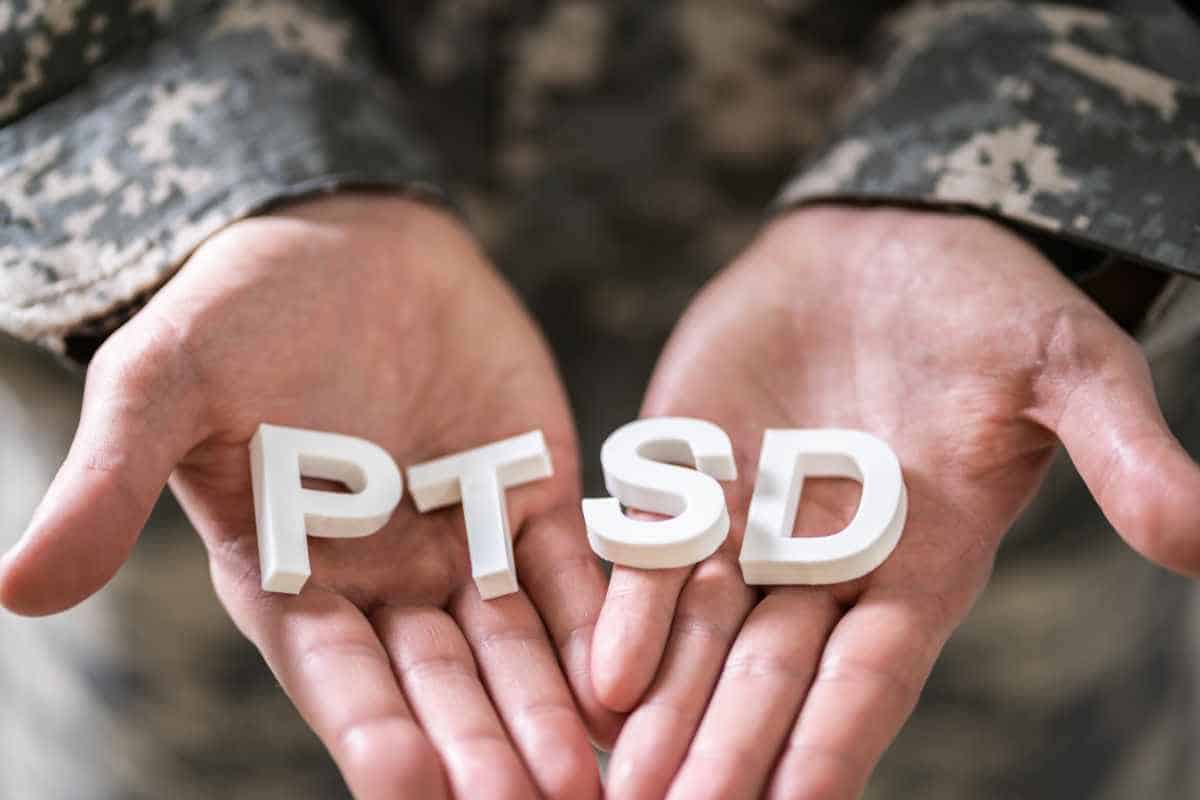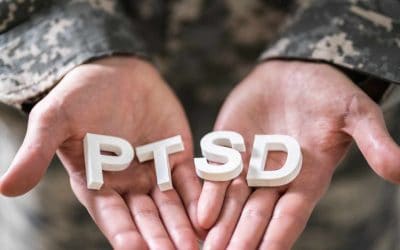Music has been known as a universal language. Every culture values the making and appreciation of music. It also provides healing power to those who suffer from certain health conditions. For example, music may improve cognitive function in stroke patients and those who suffer from dementia. In the field of addiction recovery, music therapy has been recognized as being therapeutic in helping improve emotional and mental health.
Music Therapy and the Brain
Brain research shows that music therapy can stimulate specific cerebral circuits of the brain. As shown in brain imaging, when listening to music, the right hemisphere is activated, and this part of the brain is associated with emotional experiences. The good thing about music therapy is that it provides a non-invasive technique of therapeutic value.
Many people with substance addiction may develop co-occurring mental health issues such as anxiety and depression. These mood disorders and depressive episodes can be alleviated by music therapy. Plenty of research has indicated the effectiveness of musical interventions on neurological disorders. They improve social and psychological outcomes such as better mood and interests in socialization.
Benefits of Music Therapy in Recovery
After detoxification, a recovering individual might lose the joy he or she used to have. Combining music therapy with other traditional forms of therapy can help increase the release of natural endorphins, making it easier to cope with depressed moods. Some treatment facilities that use music therapy select a certain type of music that is more therapeutic. These are music pieces or songs that have an overall better effect on people due to their strong melodies and soothing lyrics. Some music therapists tend to be generalists favoring all styles of music.
Apart from improving emotional and mental well-being, music therapy has a range of benefits on the body. It can boost the immune system by increasing levels of the antibody immunoglobulin A while lowering the level of stress hormones (cortisol). It may sometimes even lower pain levels in certain people and lower the use of painkillers.
Working with A Music Therapist in Recovery
Music therapists conduct assessments as well as perform the treatment. They begin with assessing your emotional well-being, physical health, social functioning skills, cognitive abilities, and communication capacity. Then they design music sessions based on these needs. These sessions may include music improvisation, receptive music listening, song composition, lyric meditation, imagery, music performance, and bodily movement. Evaluation for these music therapy sessions tends to be ongoing because that allows music therapists to follow up and adjust.
Music therapists are people who have certain education qualifications (such as college music therapy curricula) and are eligible to sit for the national examination offered by the Certification Board for Music Therapists. There is ongoing research to support their work through publications such as the Journal of Music Therapy and Music Therapy Perspectives. Music therapists may work in various settings including rehabilitative facilities, outpatient clinics, psychiatric hospitals, and community mental health centers.
You are not expected to have a particular music ability to benefit from music therapy. For people who are in recovery from substance addiction and co-occurring mental health issues, the goal is not musical literacy, but therapeutic experiences. People are given a nonconventional outlet to express their emotions and become more aware of their thoughts and feelings. For those who struggle with post-sobriety emotional flatness, music therapy can be awakening.
Restoring Agency in Recovery
Self-expression through music improvisation gives a sense of freedom and agency to people who are going through recovery. Music therapists may encourage and help them find words and compose songs that they put together on their own. Activities like this distract them from focusing on sobriety and the lack of joy brought by substance use in life.
Music therapy also helps release negative energy. People can use music to get the anger and frustration out in a nonharmful but relieving way. For example, weekly drum circles can bring a group of recovering individuals into one space and express themselves. When releasing negative energies and feelings, they also have a sense of community and know that they are not alone in this fight against addiction. If you live with a recovering addict, you’ll need to be a supportive presence by fostering open communication, understanding the challenges of recovery, and encouraging healthy habits while providing a non-judgmental environment.
Music therapists coach people to practice grounding themselves by being present in the moment. The immediate connection to a musical instrument can help recovering individuals experience a rootedness in time and space. This effect is similar to that of meditation when done successfully. In fact, music therapy is a form of mindfulness practice. By the end of music sessions, people may feel more confident about themselves and more connected to others.
The creativity part of music improvisation and songwriting can also boost people’s mood and self-esteem. People are encouraged to collaborate and write songs with each other. They may record that song and take it home as a reminder of what recovery looks like, with a sense of accomplishment. Music does offer a universal language, even to people in recovery.
Do you have a loved one who is going through mental health recovery? Are you aware that music therapy can be beneficial to people with mental health issues? It is a form of self-expression which gives a sense of freedom and agency to people who are going through recovery. Music therapists may encourage and help recovering individuals find words and compose songs that they put together on their own. Music therapy also helps release negative energy, and people can use music to get the anger and frustration out in a nonharmful but relieving way.
When releasing negative energies and feelings, they also have a sense of community and know that they are not alone in this fight against addiction. You can work with experienced therapists at Sober Life Recovery. We value a holistic approach while focusing on individualized care for mental health and substance use problems. We are also experienced in family-based intervention. Call today at (619) 542-9542.













